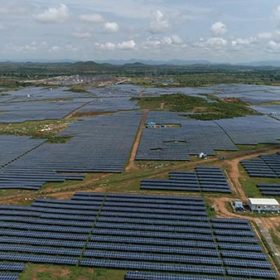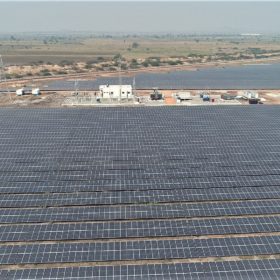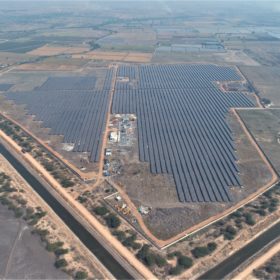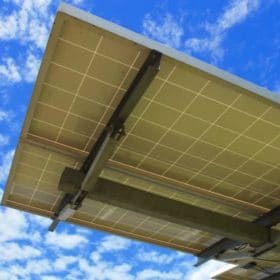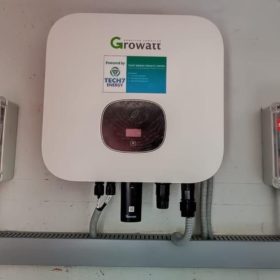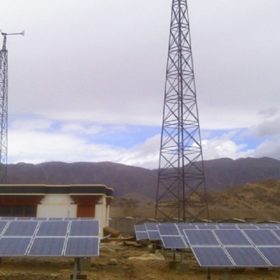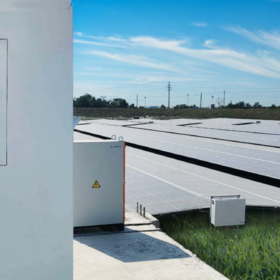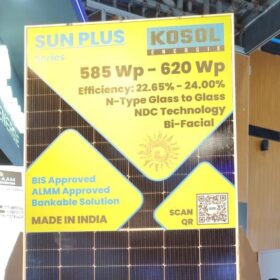NTPC tenders BOS package with land for 1 GW of solar projects
Bidders have until February 3 to lodge their interest for the solar projects to be set up anywhere in India.
India added 935MW of private-contract backed solar in first nine months of 2021
That meant the nation reached a cumulative 4.8GW of “open-access” solar generation capacity by the end of September. At that point, there were also more than 1.1GW of open access projects in the development pipeline, according to analyst Mercom India Solar.
Amp Energy India commissions 30 MW open-access solar project for Bosch Limited
The open-access solar facility, located in the Raichur district of Karnataka, shall supply electricity under a 25-year power purchase agreement (PPA) with Bosch Limited.
India’s energy transition: Opportunities in power transmission, monitoring and storage
As India ramps up renewable capacity, there will be a higher requirement for substations, transmission corridors as well as battery energy storage. There is tremendous potential in technology localization in areas such as remote power monitoring, predictive maintenance, EV charging, green hydrogen, and energy storage.
Azure Power commissions 600 MW Rajasthan solar project
The PV plant, in the Bikaner district of the state, is the largest PV power project in India owned and operated at a single location by a developer.
Waaree supplies 1.53 MW of solar modules to RBA Power
The Mumbai-headquartered solar manufacturer supplied its 335 Wp polysilicon modules for the 1.53 MW PV project located at Kovilpatti in the Indian State of Tamil Nadu.
2021: A year of ascent for solar PV
The solar sector in India bounced back to make 2021 the best year in new PV capacity addition. The year also witnessed a massive response to PLI tender for solar manufacturing and launch of 50 GWh battery cell tender and green hydrogen mission.
Growatt nearing 1 GW of solar inverter shipments in India this year
The Chinese inverter maker has expanded its offerings in India beyond commercial and residential solar sector by launching 250 and 253 kW inverters for the utility segment. It also plans to bring its offgrid solutions to the Indian market in 2022.
REC signs US$ 169.5 million loan agreement with KfW for innovative solar projects
This is the fifth credit line signed between REC Limited and KfW for the financing of power sector projects and the third credit line for the financing of renewable energy projects.
Sungrow to supply inverters to ‘largest solar project in Bangladesh’
The Chinese inverter maker has signed a contract with India-based Rays Power Infra to supply 1,500V, 3.125 MW central inverters to the 280 MW solar project, set to be installed in the Rangpur district of Bangladesh.

